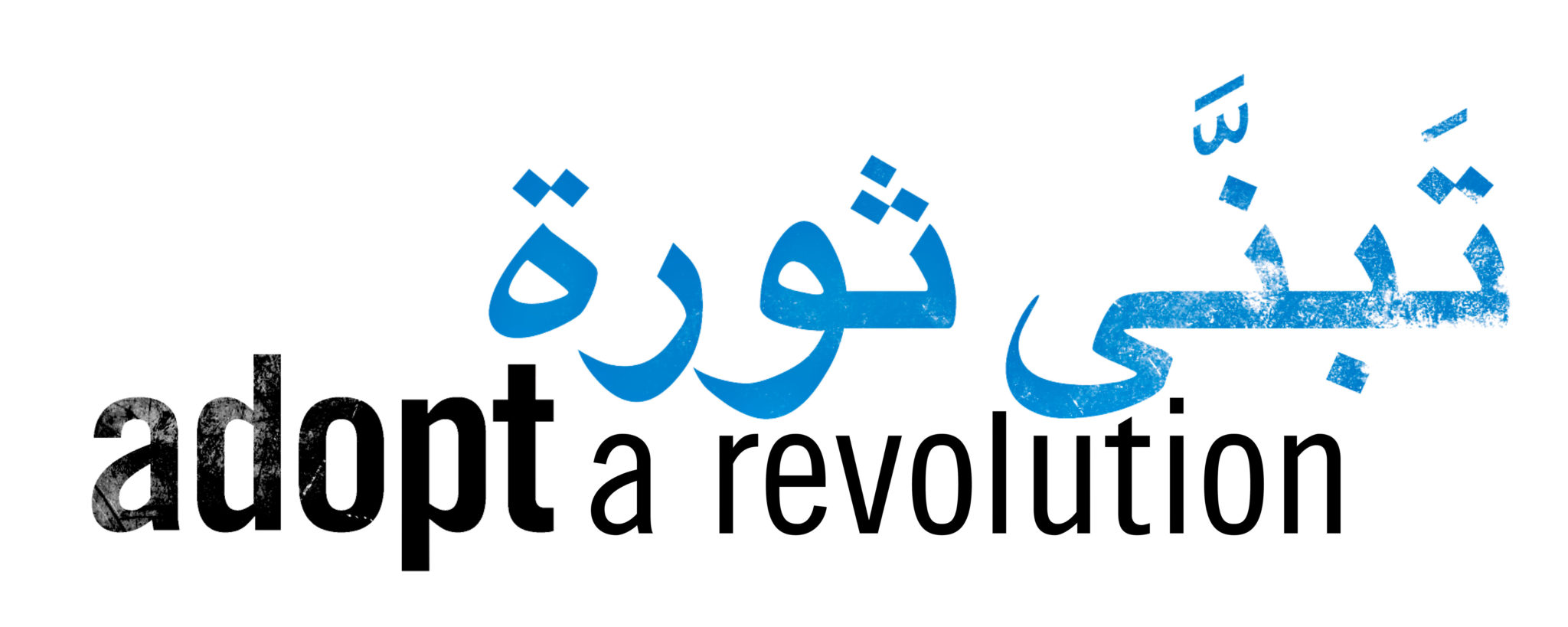Razan Zaitouneh
3 September 2013
There is no area in Syria –whether liberated, besieged or experiencing confrontations with the regime– that does not need aid at all levels. These words are not intended to divert the little attention directed to a few liberated areas in Syria, but aim to pay more attention to the East Ghouta, now, before it is too late.
We all know about the scarcity of resources flowing to local councils all over the country, prompting some of these councils, most recently in Aleppo, to suspend their works in protest. It is impossible for them to carry out the tasks entrusted to them without the required resources.
We all also know how things in other areas in the north and east of the country have become, in terms of insecurity, chaos and kidnappings etc, or in terms of lack of public services that help people to survive in their areas which are under daily shelling and retaliation by the regime forces.
Eastern Ghouta is the best area, compared with other areas even in Damascus itself, in terms of safety and limited acts of chaos and robbery by gangs. The situation is not ideal in any way, but it is closer to what could be achieved under conditions of war and siege experienced by the region, and in the light of the martyrdom, arrest or escape of most academic cadres that could make a difference in many areas such as the police and the judiciary
However, the situation would not last long as such if the region’s people and different activities had not helped to maintain what they have accomplished over the past months after liberation, in terms of security or services.
The region needs for the police and judiciary help, despite all their «current defects». Recognizing that it is not suitable to build on these services in the future in any way, they are largely sufficient to maintain the security and human rights even during the transitional phase. The region needs their help to be independent from supporting parties that try to arm the region to establish their authority on the ground, rather than enable it to have neutrality – as much as possible – and make independent decisions.
Within our work in the Violations Documentation Center in Syria, the region was among the least regions which recorded violations by the armed battalions against the population, with a very large margin compared to all other regions.
This does not mean that things are fine in the area and it should be left unchecked. On the contrary, it must be highlighted and paid more attention to solidify and prevent loss of its achievements in any change to the security situation on the ground in the near future (such as breaking the blockade and opening one of the roads out of the area, or progress towards new areas or a setback in a certain area, etc.). The potentials of the current devices do not give them a room to exercise more authority on the ground to protect public and private property, for example, which leads to a deterioration, especially with the return of the displaced to their places, even in small numbers.
Most of the region’s battalion members are from the people of its towns and cities, which is an additional positive factor helping to prevent conflicts before they happen and besiege them before they escalate. However, it would not be the case if fighting was intensified and facts on the ground were changed in one way or another.
The other aspect that must be focused on is the life of the population, from public utilities, through employment opportunities to all essential services.
Two years and a half after the revolution, it is no longer feasible to only think of direct relief aspects, but we must help people to get a livelihood with dignity, through private small enterprises or service projects that employ the labor forces, bearing in mind that the vast majority of the region’s population are currently unemployed.
We cannot continue to demand local councils to play their role without support and employment plans that assist them to do the simplest actions helping civilians to survive under siege and shelling. These plans include providing potable water, collecting garbage from residential areas, and supporting projects that provide food from inside the besieged area exposed to hunger, witnessing a very sharp bread crisis since several months.
We cannot form local councils and then leave them sink in their disputes, in the light of the lack of potentials and inability to provide a little to the population, who are forced to be dependent on the battalions that volunteer to provide such services in return of loyalty and power. The results will appear very soon, as happened in all other liberated areas.
I know that all previous appeals on similar or different issues have gone unheeded. However, there is still a hope, even slight, to benefit from what happened in other areas before it is too late, and before all efforts are forced to turn to repair the irreparable damage in an environment of chaos and disability.
This appeal by Razan Zeitouneh was first published on the website “Al-Jumhuriyyah” (“The republic”) on the 3rd of September 2013. The region of Eastern Ghouta is comprised of several towns and villages in the east of Syria’s capital Damascus. On the 21st of August, several towns were attacked with chemical weapons. This attack resulted in more than 1.300 deaths and at least 8.000 injuries. Among the dead were several hundred women and children. The Syrian human rights lawyer Razan Zeitouneh has been hiding ever since spring 2011 and continues to document regime atrocities perpetrated against the Syrian population. She has so far been awarded with several prices, e.g. the Sakharov Prize (2011) or the Anna Politkovskaya Award.

